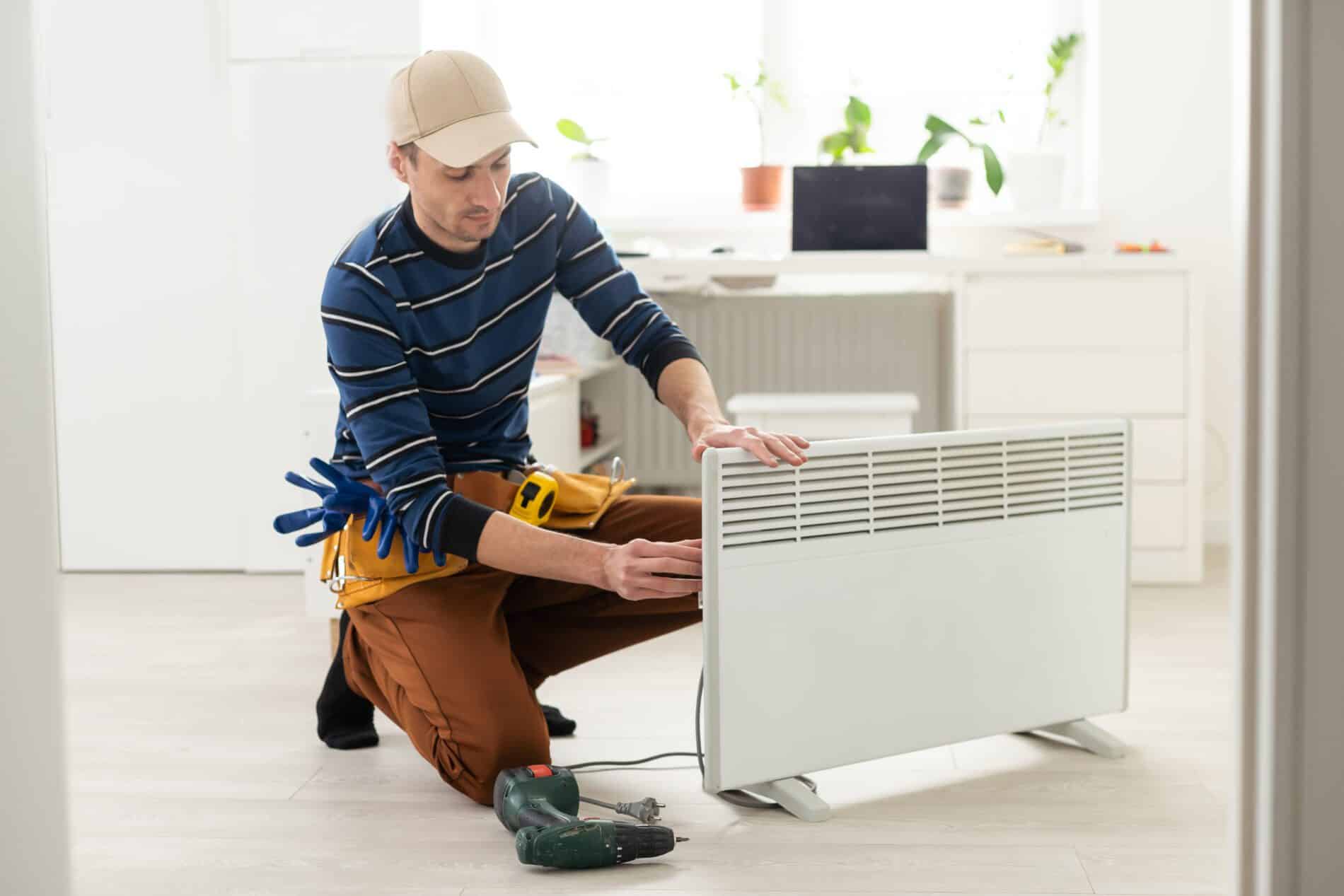Usual Water Heater Challenges And Solutions
Usual Water Heater Challenges And Solutions
Blog Article
Just about every person has their unique assumption about Water Heaters Problems.

Think of starting your day without your routine hot shower. That already sets a poor tone for the remainder of your day.
Every residence requires a trustworthy hot water heater, but just a few understand how to take care of one. One very easy method to keep your hot water heater in leading shape is to look for faults routinely and repair them as soon as they show up.
Keep in mind to switch off your water heater prior to sniffing about for faults. These are the hot water heater faults you are more than likely to experience.
Water also hot or also chilly
Every hot water heater has a thermostat that identifies just how warm the water obtains. If the water entering your home is too warm regardless of establishing a convenient maximum temperature level, your thermostat might be faulty.
On the other hand, too cold water may be due to a failed thermostat, a broken circuit, or inappropriate gas circulation. As an example, if you make use of a gas water heater with a busted pilot light, you would certainly obtain cold water, even if the thermostat is in perfect problem. For electric heating systems, a blown fuse might be the wrongdoer.
Insufficient warm water
Hot water heater can be found in several dimensions, depending upon your warm water demands. If you run out of hot water before everyone has actually had a bath, your water heater is also little for your family size. You should take into consideration mounting a larger hot water heater container or opting for a tankless water heater, which takes up much less room as well as is much more long lasting.
Unusual noises
There go to the very least 5 kinds of noises you can learn through a water heater, yet the most usual interpretation is that it's time for the hot water heater to retire.
First off, you should recognize with the regular seems a water heater makes. An electrical heater may sound different from a gas-powered one.
Standing out or banging audios typically suggest there is a slab of sediment in your storage tanks, as well as it's time to cleanse it out. On the other hand, whistling or hissing audios might just be your valves letting some pressure off.
Water leakages
Leaks might come from pipes, water connections, shutoffs, or in the worst-case scenario, the tank itself. Over time, water will corrode the container, as well as discover its way out. If this happens, you require to change your hot water heater immediately.
However, before your modification your entire storage tank, make sure that all pipes remain in place and that each shutoff works completely. If you still require aid determining a leak, call your plumber.
Rust-colored water
Rust-colored water means one of your water heater parts is rusted. Maybe the anode pole, or the container itself. Your plumber will have the ability to determine which it is.
Warm water
No matter exactly how high you set the thermostat, you won't obtain any kind of warm water out of a heating system well past its prime. A water heater's effectiveness might reduce with time.
You will certainly also obtain warm water if your pipes have a cross connection. This means that when you turn on a faucet, warm water from the heater moves in along with regular, cold water. A cross connection is simple to spot. If your hot water faucets still follow closing the hot water heater shutoffs, you have a cross connection.
Discoloured Water
Rust is a significant cause of unclean or discoloured water. Rust within the water storage tank or a failing anode rod might create this discolouration. The anode rod secures the container from rusting on the inside and ought to be inspected yearly. Without a pole or a properly functioning anode rod, the hot water promptly wears away inside the tank. Call an expert water heater specialist to determine if changing the anode pole will deal with the issue; otherwise, replace your hot water heater.
Conclusion
Ideally, your hot water heater can last one decade before you need an adjustment. However, after the 10-year mark, you may experience any of these mistakes a lot more regularly. At this point, you ought to add a brand-new water heater to your budget plan.
How To Troubleshoot 3 Common Water Heater Problems in Twin Cities
The Water Heater Is Leaking
A leaky cold water inlet valve A loose pipe fitting A leaky temperature and pressure relief valve A corroded anode rod A cracked tank Turn Off Your Water Heater:
Shut off your gas water heater by turning the gas valve on the unit to the “OFF” position. Shut off your electric water by switching its power off at your electrical panel. Look for a two-pole breaker labeled “water heater” and turn it to the “OFF” position. Move the ball valve connected to the water heater to be perpendicular to the piping at a 90° angle. Look for the Leak:
Depending on whether the water is coming from the tank's top or bottom, you’ll want to look for the leak in different locations.
If the leak comes from the top of the tank, carefully look for water escaping from the cold water inlet valve or loose pipe fittings. Rusted hot and cold water valves can have loose connections with the tank, with water leaking out of them.
https://mspplumbingheatingair.com/blog/how-to-troubleshoot-3-common-water-heater-problems
Do you appreciate more info about Water Heaters Problems? Put feedback below. We would be interested to find out your responses about this content. In hopes that you visit us again before long. Sharing is good. Helping people is fun. Kudos for your time. Visit again soon.
Get Offer Report this page